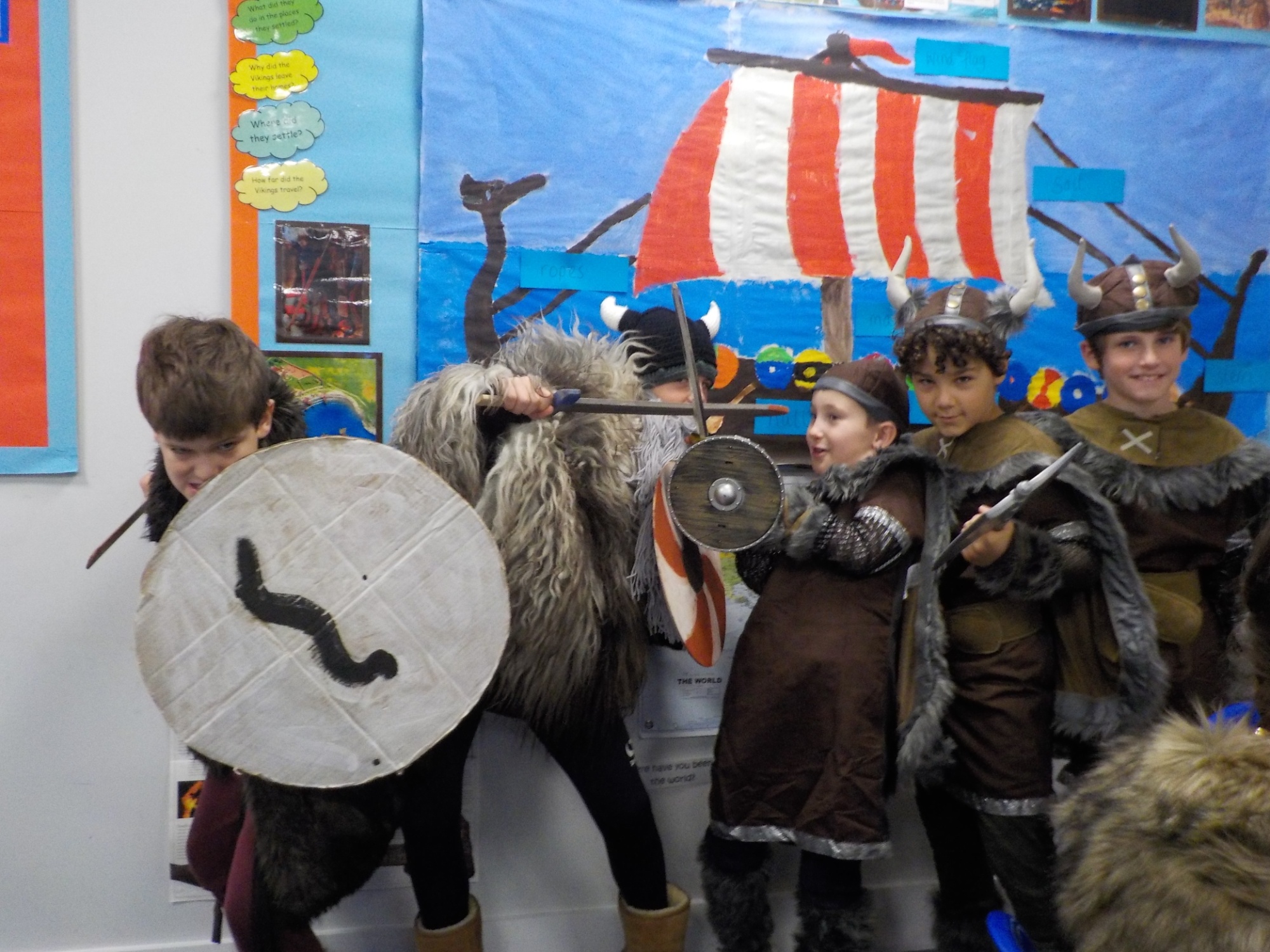
History
Subject Vision
At East Sheen Primary, we believe that high-quality history lessons inspire children to want to know more about the past and to think and act as historians. We aim to provide a broad and balanced education that meets the needs of all children.
By linking learning to a range of topics, children have opportunities to investigate and interpret the past, understand chronology, build an overview of Britain’s past as well as that of the wider world, and to be able to communicate historically. Topics are informed by the national curriculum and are sensitive to children’s interests, as well as the context of the local area.
We teach children the discipline of history by developing:
-
An excellent knowledge and understanding of people, events and contexts from a range of historical periods, including significant events in Britain’s past;
-
The ability to think critically about history and communicate ideas confidently to a range of audiences;
-
The ability to support, evaluate and challenge their own and others’ views using historical evidence from a range of sources;
-
The ability to think, reflect, debate, discuss and evaluate the past by formulating and refining questions and lines of enquiry;
-
A respect for historical evidence and the ability to make critical use of it to support their learning;
-
A desire to embrace challenging activities, including opportunities to undertake high-quality research across a range of history topics;
-
A developing sense of curiosity about the past and how and why people interpret the past in different ways.
Implementation
History is taught in blocks throughout the year, so that children achieve depth in their learning. Key knowledge and skills taught in each topic have been mapped out across the curriculum to ensure progression throughout each year group. By the end of Year 6, children will have a chronological understanding of British history from the Stone Age to the present day. They are able to draw comparisons and make connections between different time periods and their own lives. Interlinked with this are studies of world history, such as the ancient civilisations of Greece and the Mayans. Children will be taught the skills required to become critical thinkers including; research and analysis, supporting views with evidence, interpretation of evidence and the ability to question the bias of sources. We use our Thinking School tools to support the teaching of history.
Planning is informed by and aligned with the national curriculum (2014). We deliver cross curricular lessons where appropriate, with strong links between the history curriculum and English and art lessons, enabling further contextual learning. Lessons are differentiated to enable all learners including those with SEN or EAL to access the curriculum. Challenges are given and higher level questions are asked to those children who are working at greater depth.
A big emphasis is put on children learning key historical vocabulary. Vocabulary is displayed in every classroom and in KS2 a specific word is focused on each week. KS2 children also have their own glossaries to refer to for each topic.
The Early Years Foundation Stage (EYFS) follows the ‘Development Matters in the EYFS’ guidance which aims for all children in reception to have an ‘Understanding of the World; people and communities, the world and technology’ by the end of the academic year.
Impact
Our History Curriculum is high quality, well-thought-out and is planned to demonstrate progression.
Outcomes in topic and English books as well as classroom displays, photos and end of topic assemblies evidence a broad and balanced history curriculum and demonstrate the children’s acquisition of identified key knowledge. Children review the agreed successes at the end of every session with support from their teachers. Children also record what they have learned comparative to their starting points at the end of every topic.
In line with our Thinking School methodology, emphasis is placed on analytical thinking and questioning which helps pupils gain a coherent knowledge and understanding of Britain’s past and that of the wider world and are curious to know more about the past. Through this study pupils learn to ask perceptive questions, think critically, weigh evidence, sift arguments, and develop perspective and judgement. These skills are used across the curriculum, not only within topic based lessons, and will enable our pupils to be critical thinkers and have the ability to analyse and reflect upon information throughout their lives.
